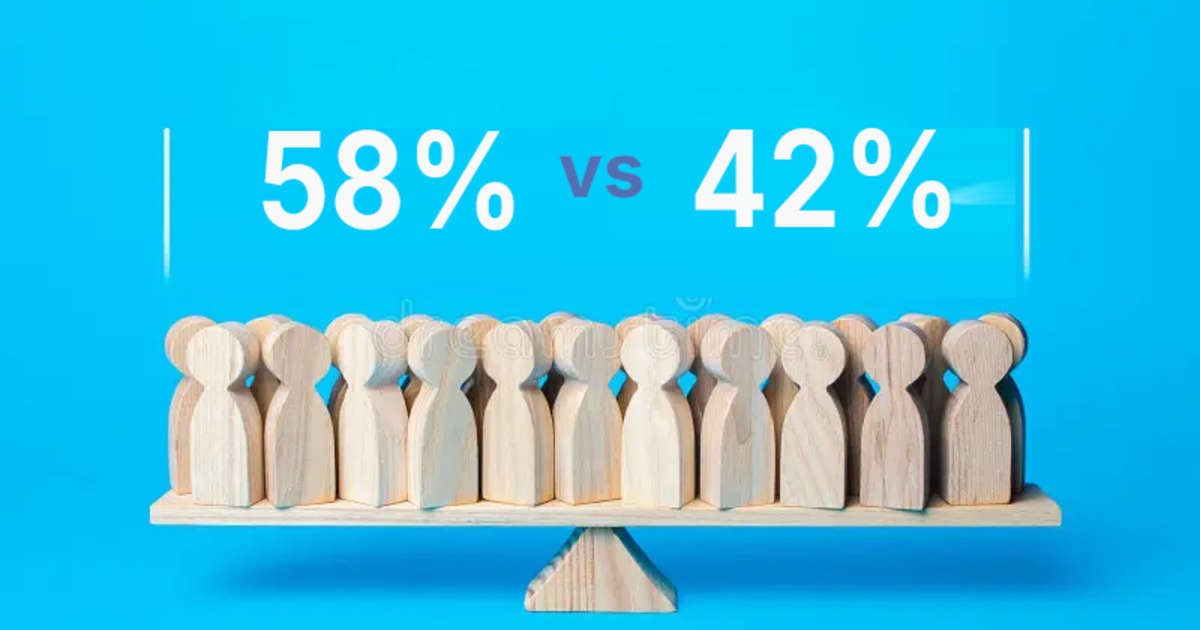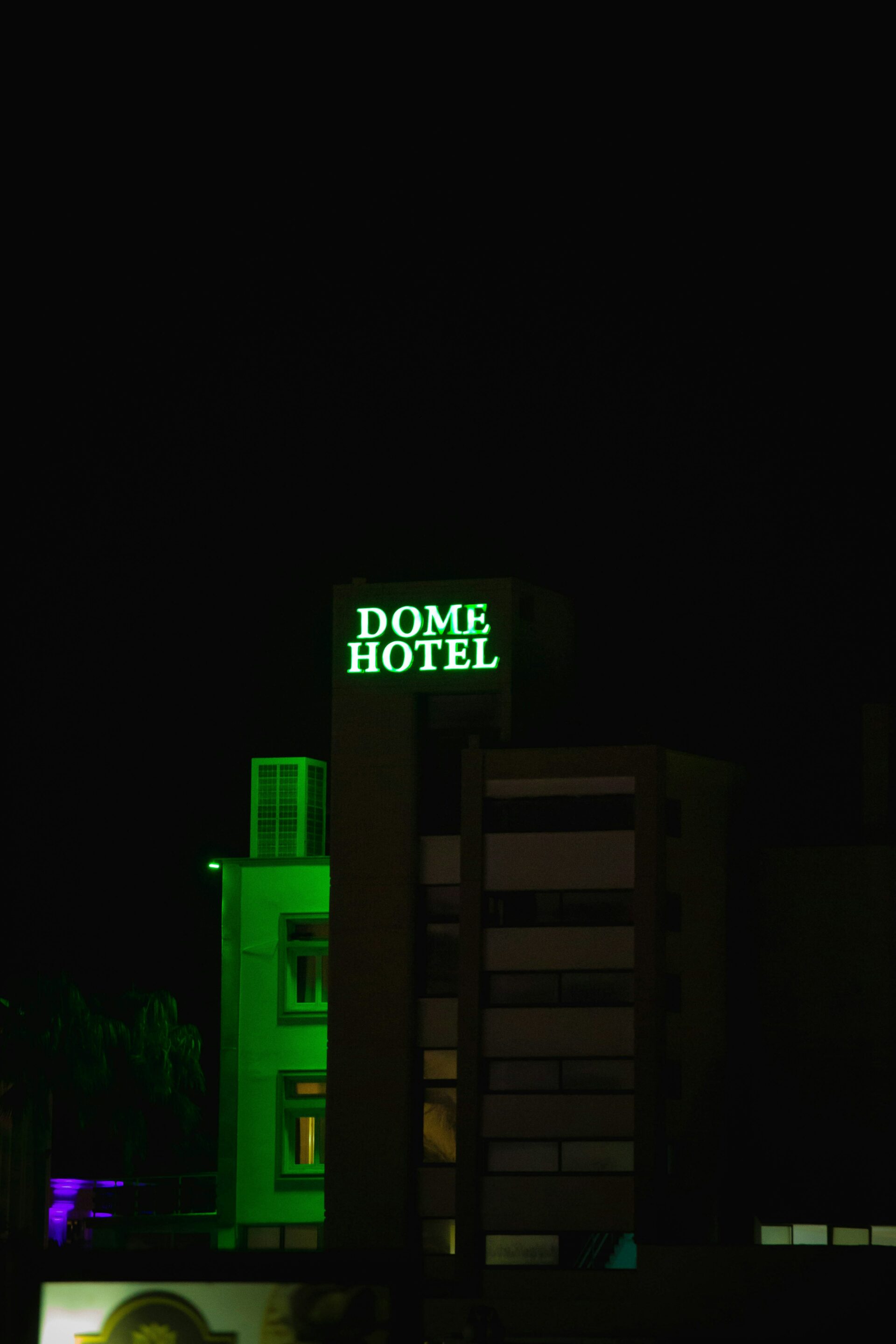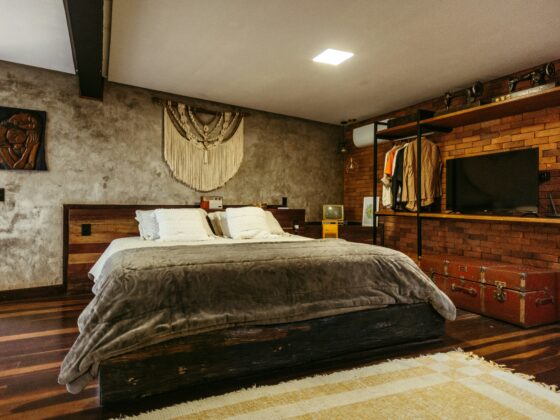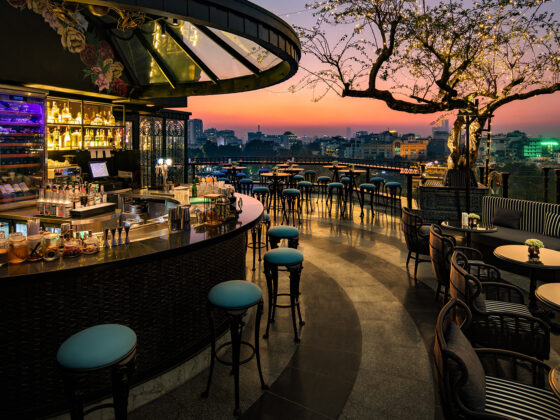
In hotel groups and event sales, timing is everything. The moment a lead comes in, whether from a meeting planner’s RFP, a trade show connection, or a casual inquiry, the clock starts ticking. The speed, accuracy, and professionalism of the initial response can make the difference between securing the booking or losing it to a competitor.
Yet, ask a room full of DOS’ what happens next, and you’ll get two very different answers.
We recently conducted a small survey of hotel sales professionals that shows a near-even split: 58% put every lead into their hotel sales and catering system immediately, while 42% wait until they’re confident it’s a viable piece of business.
When asked, Do you put every lead into your hotel sales and catering system?
the responses revealed two clear schools of thought.
On one side, the system-first camp sees data capture as non-negotiable. As one respondent put it:
A lead doesn’t exist if it’s not in the system. Therefore, all leads are in the system.
This approach ensures nothing slips through the cracks, makes forecasting more accurate, and provides a record that helps with future re-solicitation. For these teams, every inquiry is a potential future booking—even if it doesn’t convert today. Complete data sets also make it easier to measure conversion rates, identify seasonal demand patterns, and ensure accountability across the sales team.
On the other side are those who prefer to qualify before they commit to entering data. One director of sales explained:
I don’t use the system until I know it’s a strong lead, but it’s easier to work it—and honestly remember—if it’s in the system. Plus, you risk losing the lead if it doesn’t materialize.
Others take an even more streamlined approach:
We don’t put everything into the system. Starting with the proposal is our M.O. I tell my team: lead with a proposal, find out who’s serious, then take the time to put it into the system.
Why the Divide Exists
The split is about the intersection of workload management, sales culture, and customer expectations, more than it is about technology.
- System-first teams tend to work in environments with strong corporate oversight or larger sales organizations where consistency, reporting, and centralized data are critical. They’re often in markets where leads are plentiful, but competition is fierce, so every touchpoint needs to be logged and tracked.
- Proposal-first teams are often leaner, with fewer sales staff wearing multiple hats. They prioritize immediate engagement, getting something in the planner’s hands as quickly as possible to stand out from the competition.
Market segment can also play a role. A convention hotel in a major city might need the visibility that a robust database provides to track hundreds of inquiries. A smaller resort or boutique property might find that qualifying first saves time and keeps the team focused on higher-probability opportunities.
Smarter Lead Management
Managing and nurturing leads in your hotel sales and catering system is about consistency, structure, and timing. Some opportunities move quickly, while others require more follow-up and relationship building before they convert.
In hotel sales, leads can range from a quick inquiry from a meeting planner to a tentative wedding block request or a corporate account exploring next year’s events. Your sales and catering system provides the framework to organize these opportunities, track their status, and ensure each one receives the right level of attention whether that means a prompt follow-up call, a tailored proposal, or a scheduled check-in down the line.
Mastering lead management goes beyond data entry, it’s about building a disciplined process that keeps every inquiry moving forward. With the right balance of automation and personal outreach, teams can ensure no potential business slips through the cracks.
From the meeting planner’s perspective, speed and professionalism are key. Planners often manage multiple RFPs under tight timelines, and their early impressions are shaped not only by pricing but by how quickly and clearly a venue responds.
A polished proposal delivered within hours of an inquiry rather than days signals that the venue is organized, responsive, and reliable. That impression often determines who makes the shortlist before price ever enters the conversation.
This is why both system-first and proposal-first approaches face the same challenge: respond quickly, respond thoughtfully, and respond in a way that feels personalized.
Where AI Fits In For Both Camps
Whether you’re a system-first team or a proposal-first team, the friction points are often the same: time-consuming formatting, repetitive content gathering, and delays in getting a polished response in front of a client. This is where AI, when built specifically for hospitality, can play a unique role.
Purpose-built tools like ProposalPath Assistant were designed to work within either process. They can create a fully branded, interactive proposal from almost any input whether it’s a lead pulled from your sales and catering system or a few quick notes jotted down after a phone call.
For system-first teams, this means you can pull the lead from your system, hit “generate,” and have a proposal ready in under a minute maintaining your discipline without slowing down the response.
For proposal-first teams, it means you can respond immediately to a new inquiry often before a competitor even begins typing, then decide later whether to enter the details into the system.
Because an AI tool can draw from stored brand guidelines, pre-approved content, and hotel-specific imagery, it ensures every proposal looks professional and on-brand without the manual effort. That consistency helps maintain a property’s reputation while freeing up the sales team to focus on relationship-building.
The debate over when to enter leads into the hotel sales and catering system isn’t going away. Both approaches are shaped by the realities of different markets, property sizes, and team structures.
In both cases, the result is the same: AI can lead to faster responses, more relevant proposals, and a higher likelihood of conversion—without forcing teams to abandon the methods that work best for them.
In a market where being first and being timely often determines the winner, AI offers a rare middle ground. It enables sales professionals to keep their preferred workflows intact while meeting the modern planner’s demand for speed, precision, and personalization. That’s not just bridging a gap—it’s building a competitive advantage.
I’d love to hear your experiences with hotel event sales tech. What’s working? What’s falling short? If you’re evaluating your tools or just trying to get more from what you already have, let’s connect on LinkedIn.
Mike Pavicich
Vice President of Global Sales
SalesAndCatering.com, LLC









